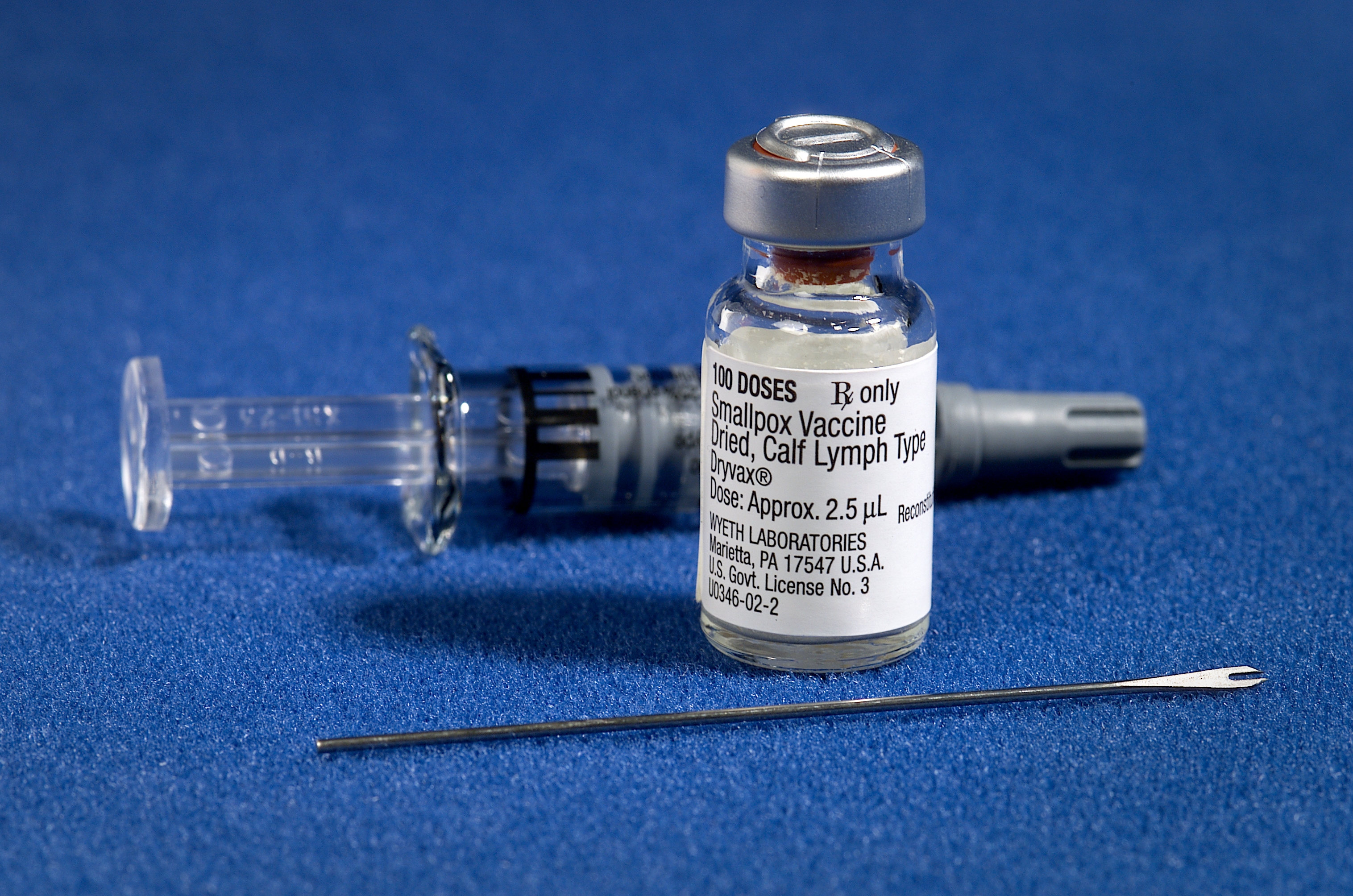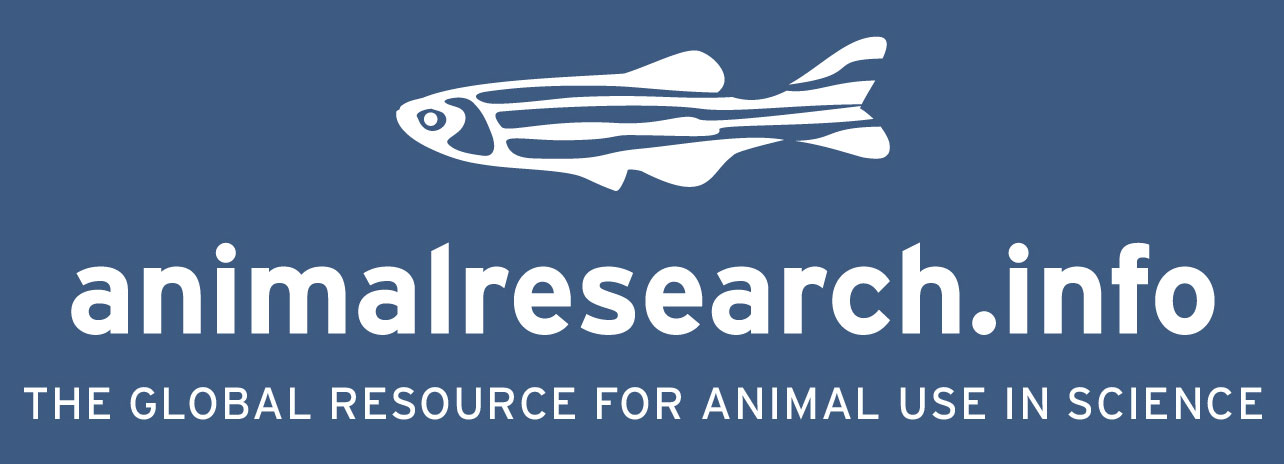Vaccine development

Animal research animal testing are of course vital in the development of medicines to treat animals. Animals benefit from the medicines developed initially for people - such as antibiotics, anaesthetics, antiparasitics and insulin for diabetes - but treatments specifically for animal diseases have also been developed. For instance, distemper - which can kill dogs, seals and dolphins - is prevented by a vaccine developed using dogs in the 1920s. A few hundred dogs were used in that research programme, with the result that the UK's seven-million pet dog population is now protected from distemper.
Treatments for people and animals
Controlling animal diseases by vaccination
Treatments for people and animals
Almost all human diseases exist in at least one other species. Illnesses such as cancer, heart disease, asthma and malaria are suffered by many species and can be treated in much the same way. The human polio vaccine was developed thanks to animal experiments and has been used to protect chimpanzees in the wild.
Human and other animals suffer from many of the same diseases because, under the skin, they are very similar. A list of some 350 animal diseases with a human counterpart has been compiled by the vet Charles CorneliusANCHOR, and a section on "Animal Disease" in Encyclopaedia Britannica contains an abbreviated list of 100 diseases common to animals and man. It states: "... it is likely that, for every known human disease, an identical or similar disease exists in at least one other species".
One result is that nearly 90% of the veterinary medicines that are used to treat animals are the same as, or very similar to, those developed to treat human patients. In addition, diagnostic techniques such as scanners, and surgical techniques - to treat injuries or remove tumours for instance - are used in veterinary practice just as they are in human medicine.
Controlling animal diseases by vaccination
Much research is done to protect animals from diseases, particularly by vaccination. A huge range of vaccines has been developed to protect our pets, farm animals, working animals and animals in the wild, saving millions of animal lives every year and preventing much suffering.
Just as in medical research for human diseases, a lot of studies can be done on cells and tissues and using high-tech equipment. But animals are still needed to find out what happens in the whole living body. A vaccine designed to protect a particular animal species must be shown to be effective and safe that species before it can be used by vets.
Testing vaccines on pigs, See more: http://www.labanimaltour.org/pirbright
Some of the vaccines developed specifically for animals with the help of animal research are listed here
Dogs
Leptospirosis
Canine viral hepatitis
Canine parvovirus
Canine parainfluenza
Kennel cough
Rabies
Cats
Feline enteritis
Feline parvovirus
Feline leukaemia
Cat flu syndrome
Chlymidid
Rabies
Foxes
Rabies
Pigs
Aujeszky's disease
Swine erysipelas
E coli infections
Rabbits
Myxomatosis
Viral haemorrhagic disease
Sheep
Enzootic abortion
Pasteuralia
Clostridial toxoids
Louping ill
Orf
Cattle
Lungworm
Clostridial toxoids
Foot and mouth disease
Rinderpest
Bovine respiratory syncitial virus
Bovine influenza type 3
Pasteurella infections
Birds
Marek's disease
Paramyxovirus
Herpes
Infectious bursal disease
Avian encephalomyelitis
Newcastle disease
Infectious bronchitis
Egg drop syndrome
Pigeon pox
Duck virus enteritis
References
- Cornelius, CE (1969) New Eng J Med 281, 934-945
Last edited: 24 September 2018 14:03
